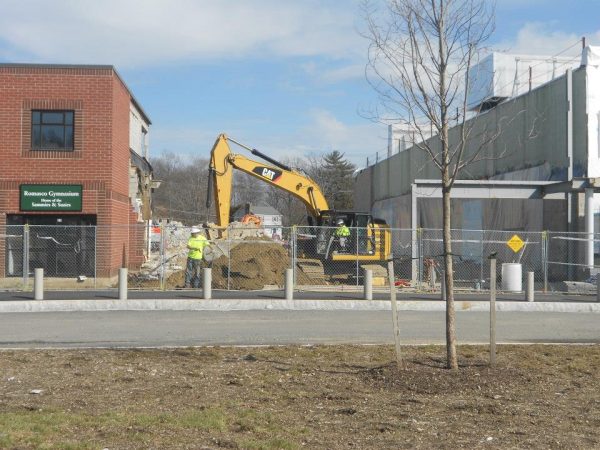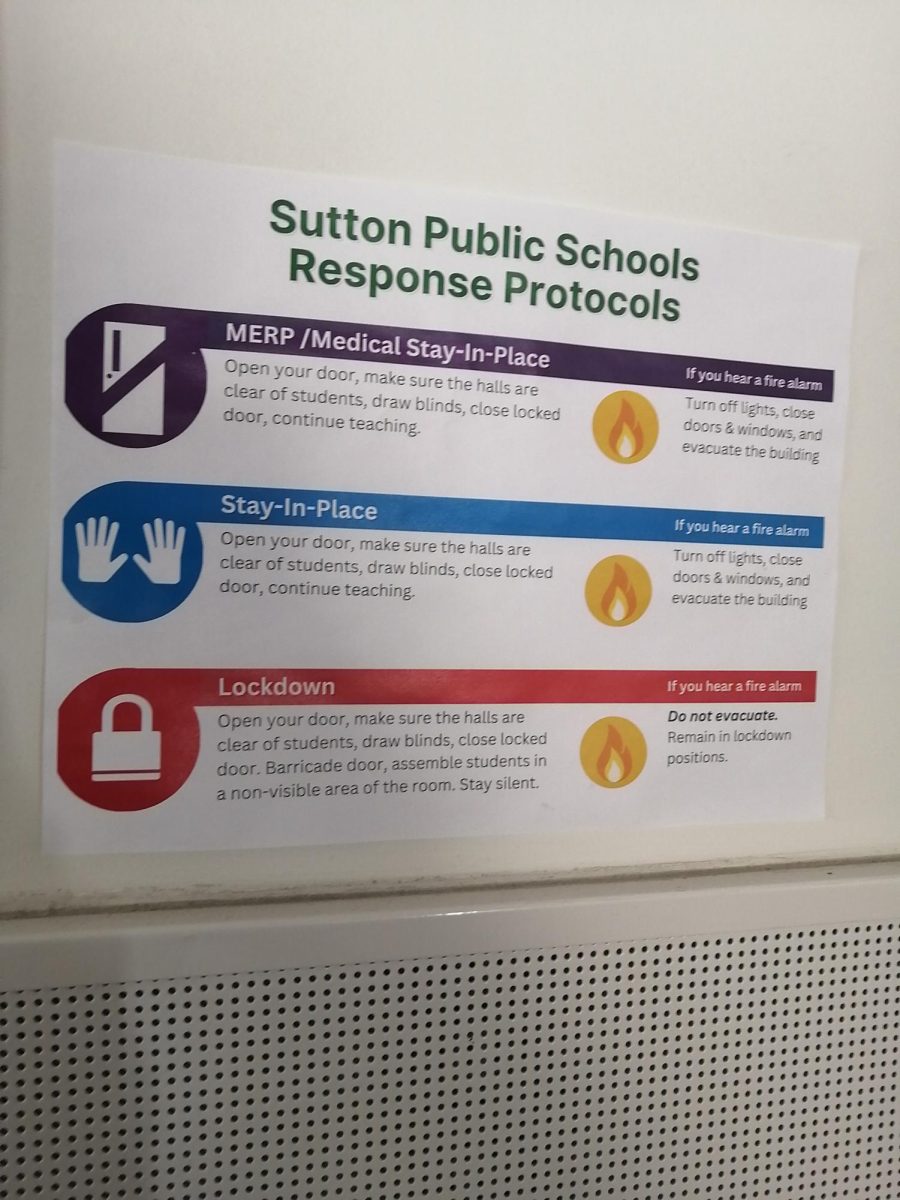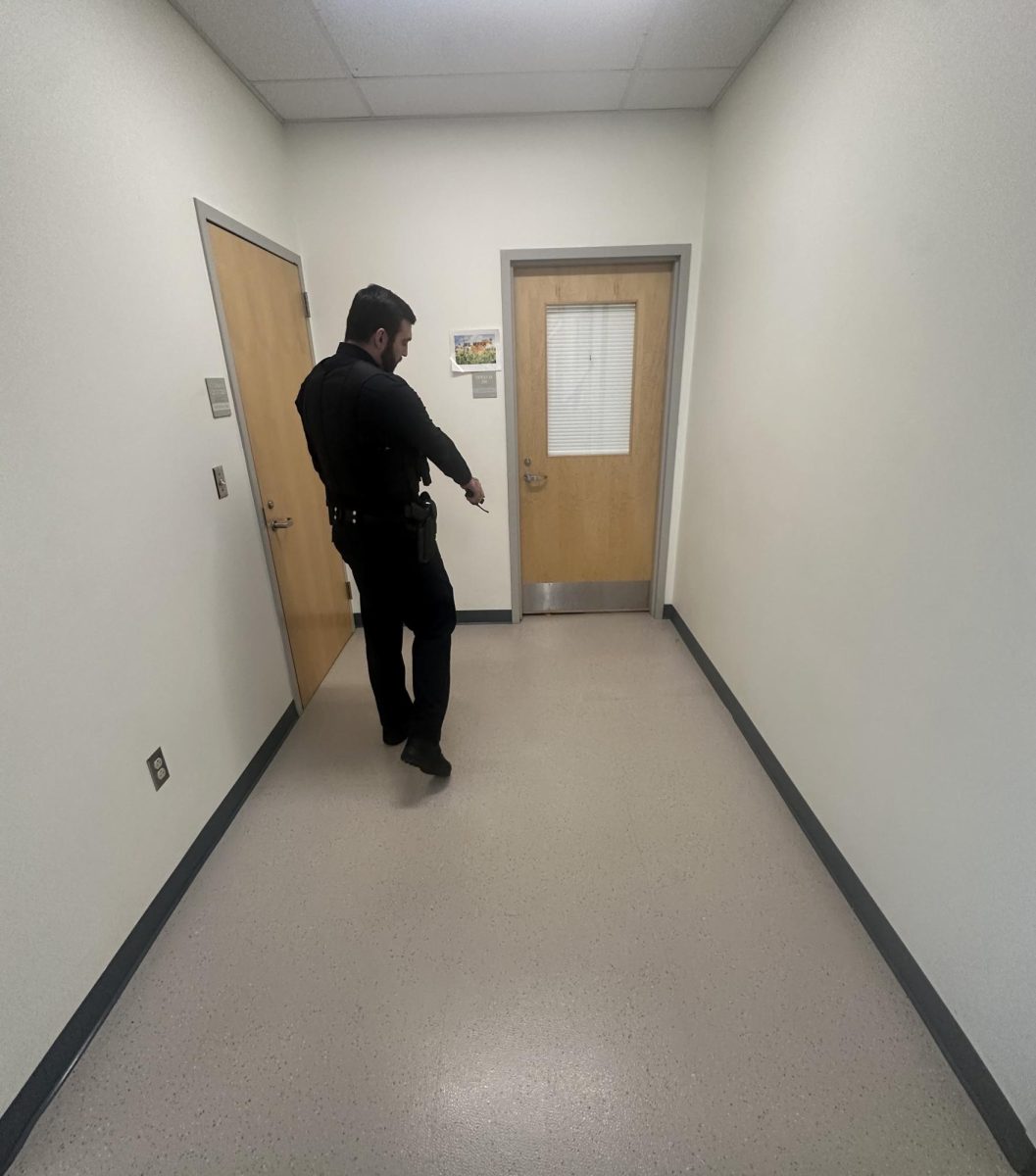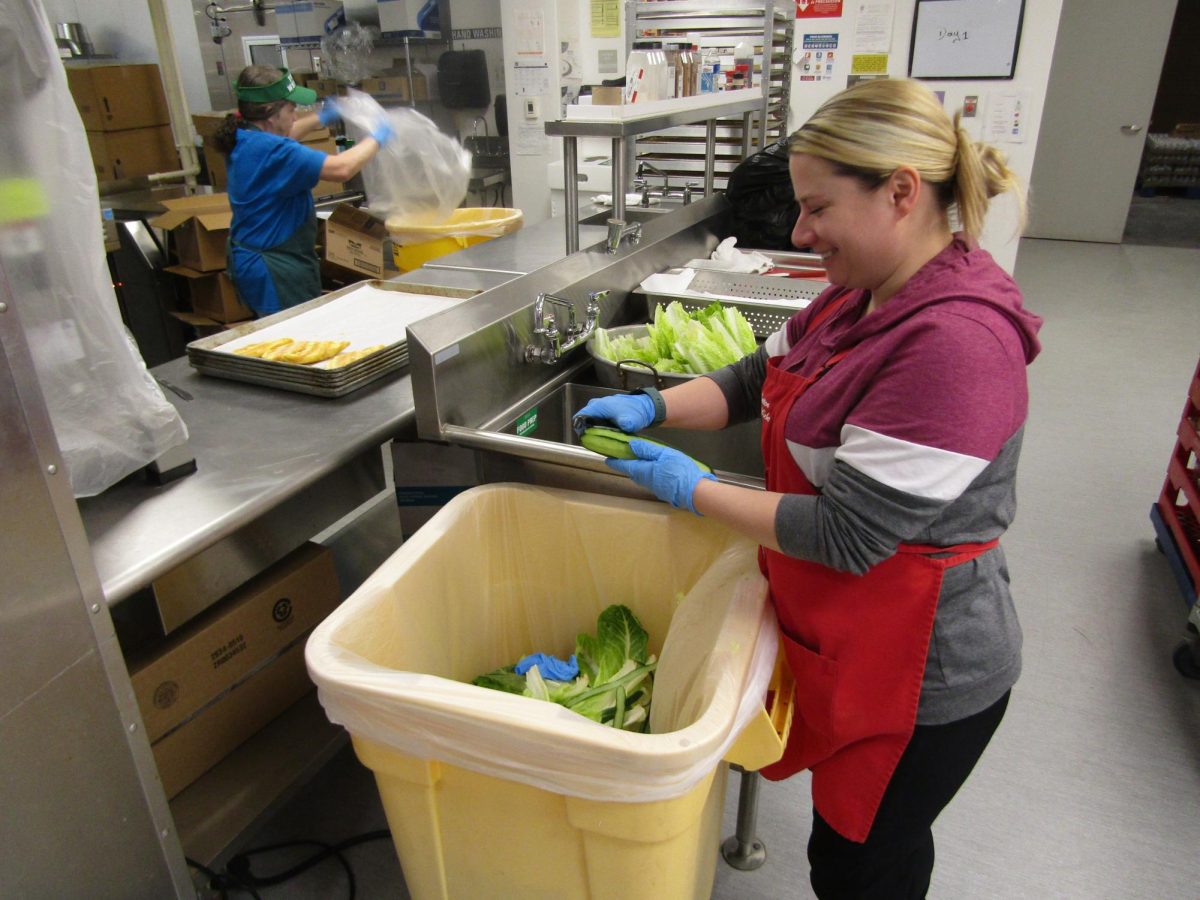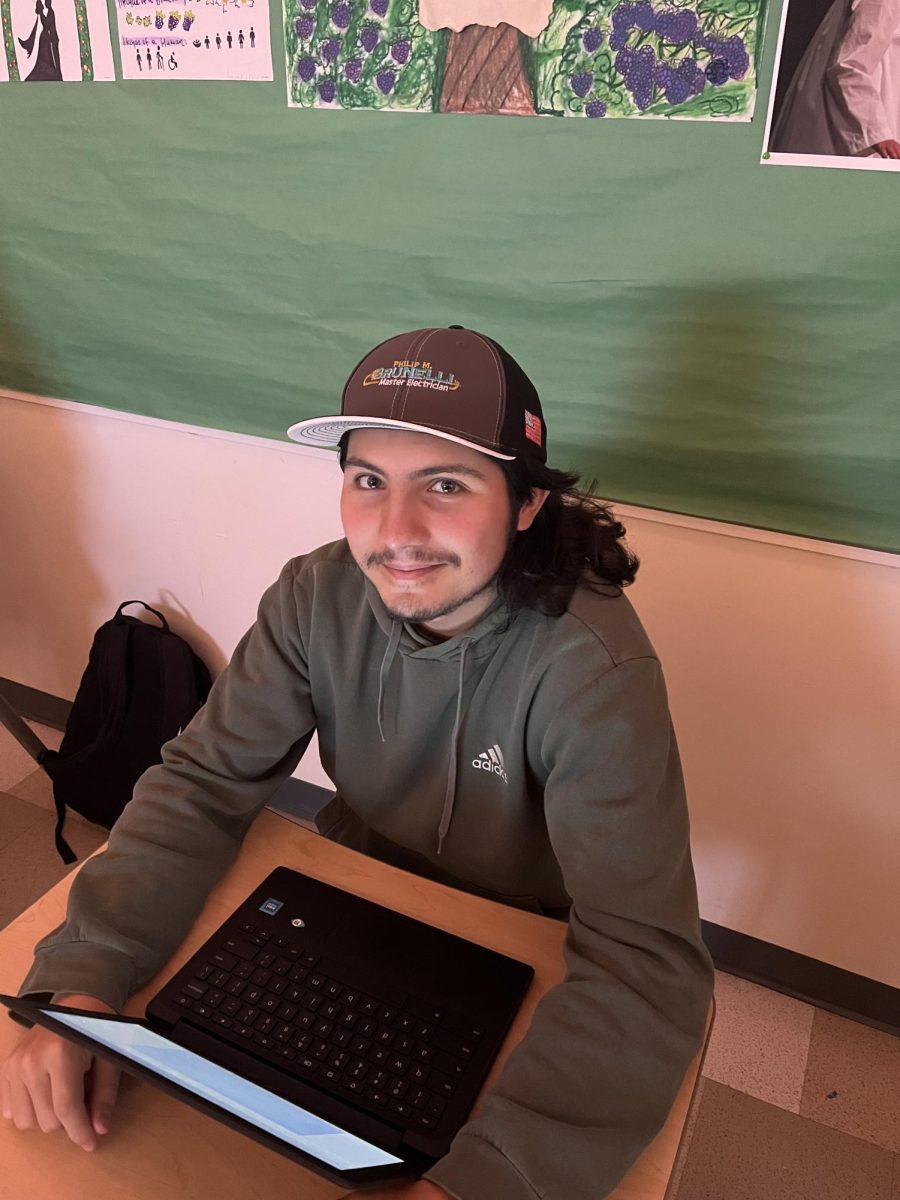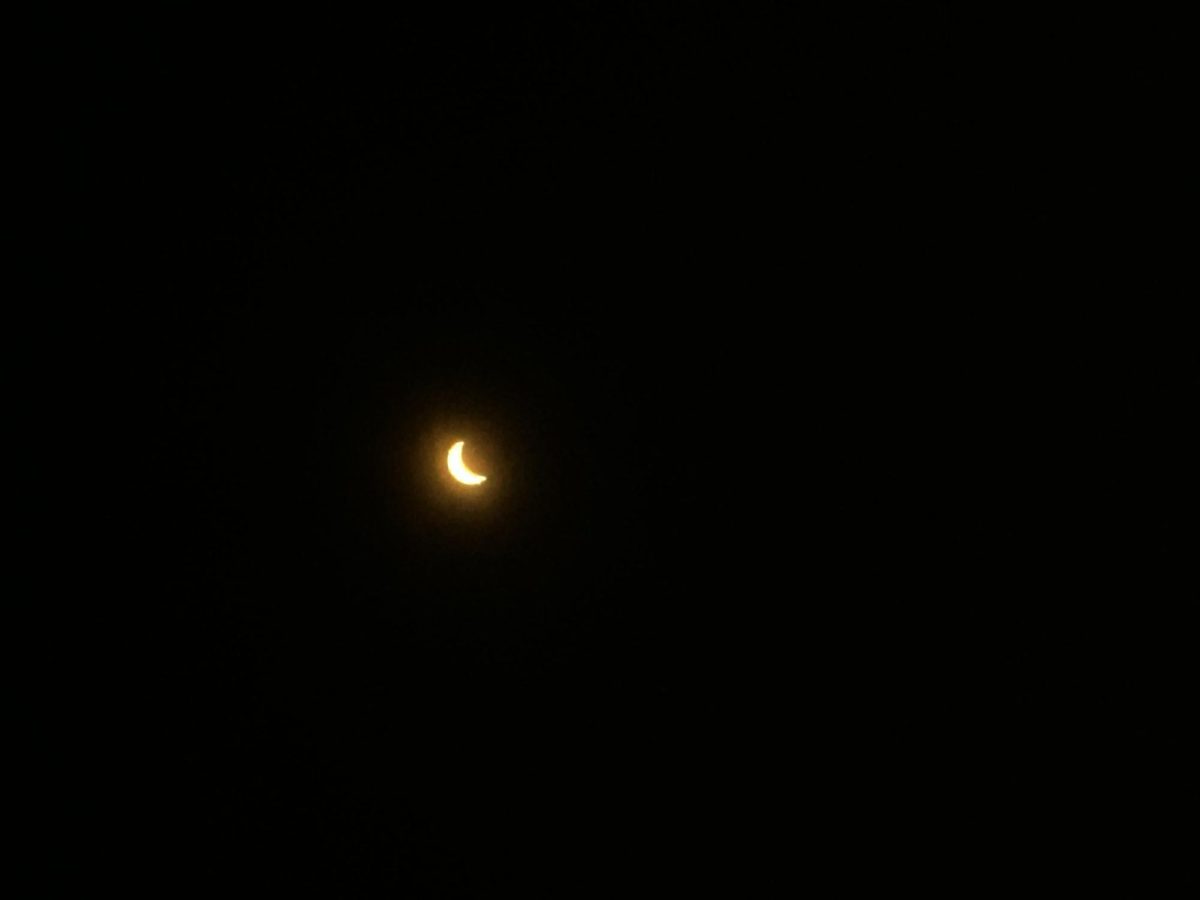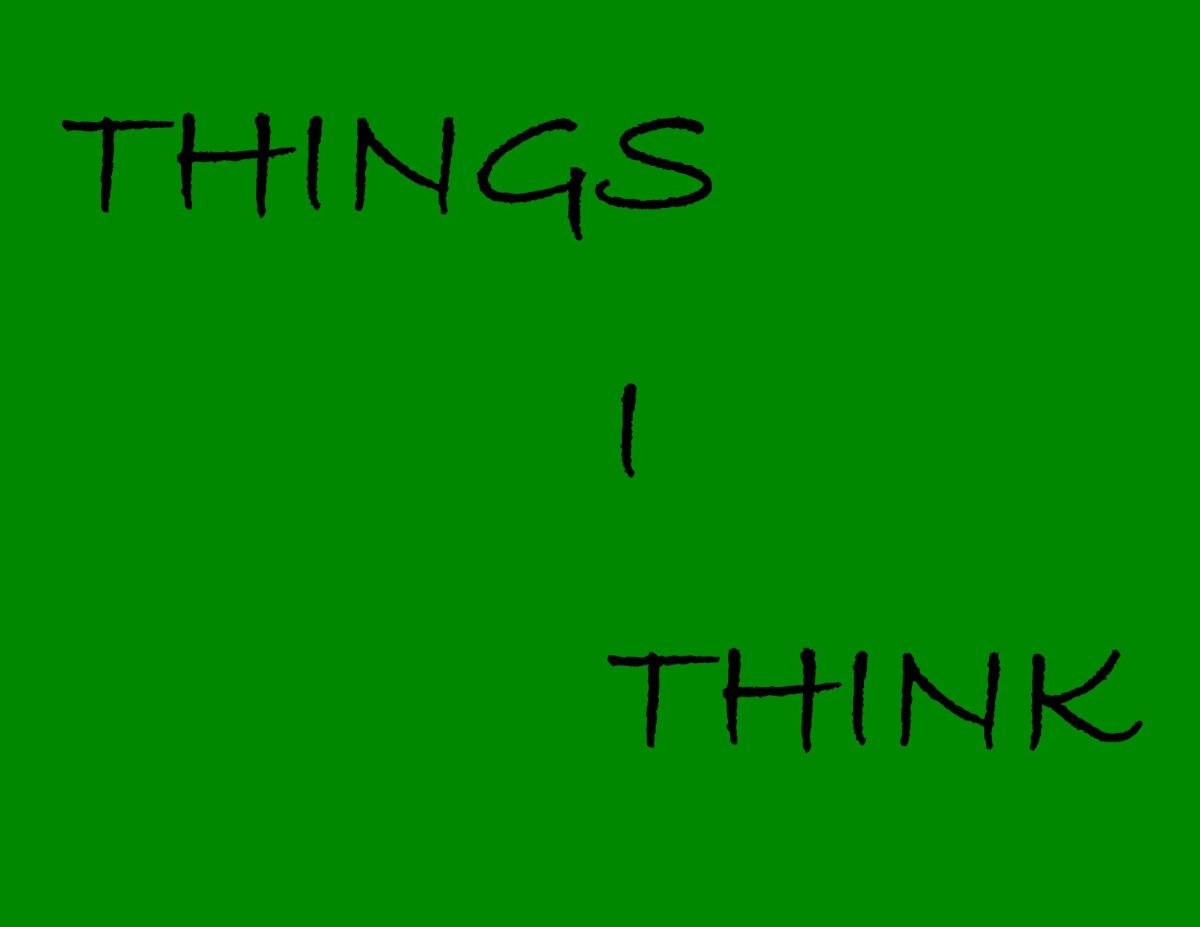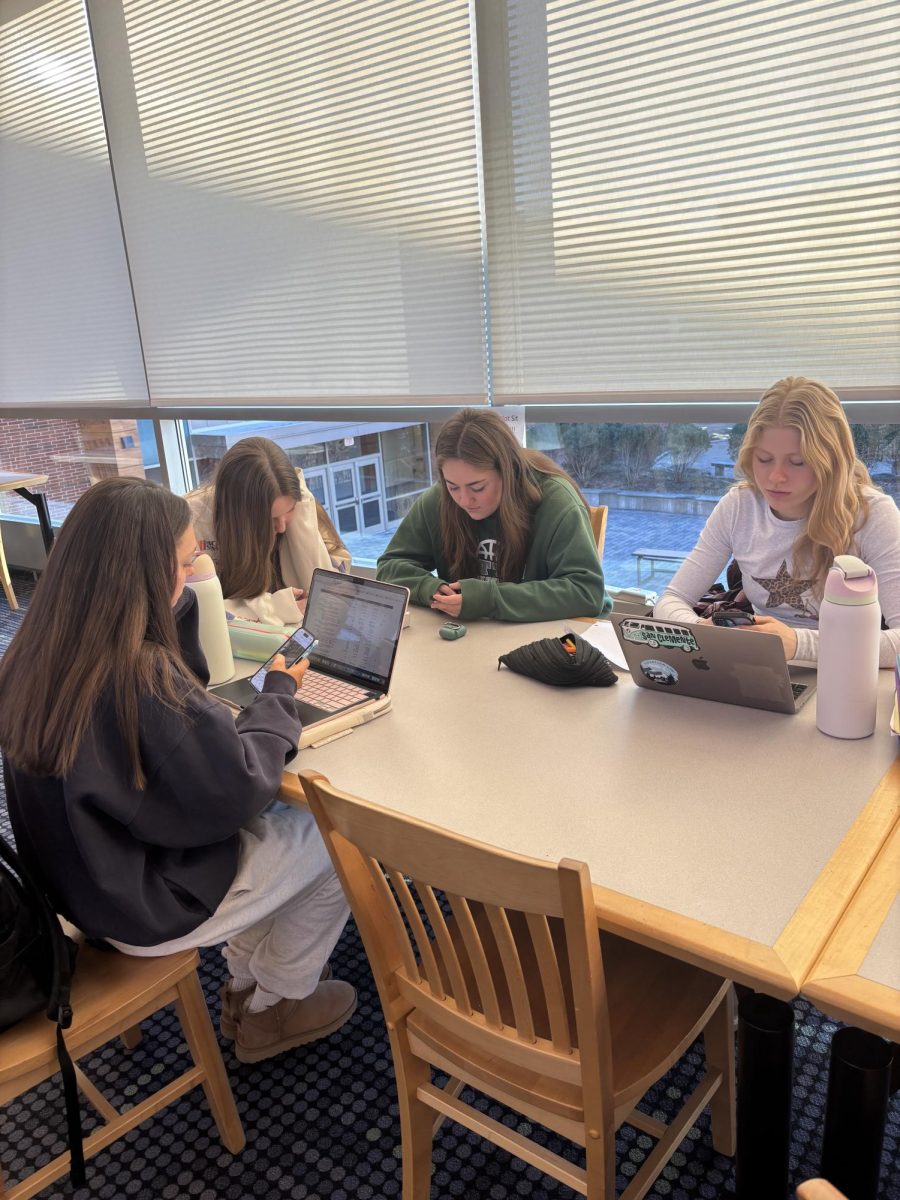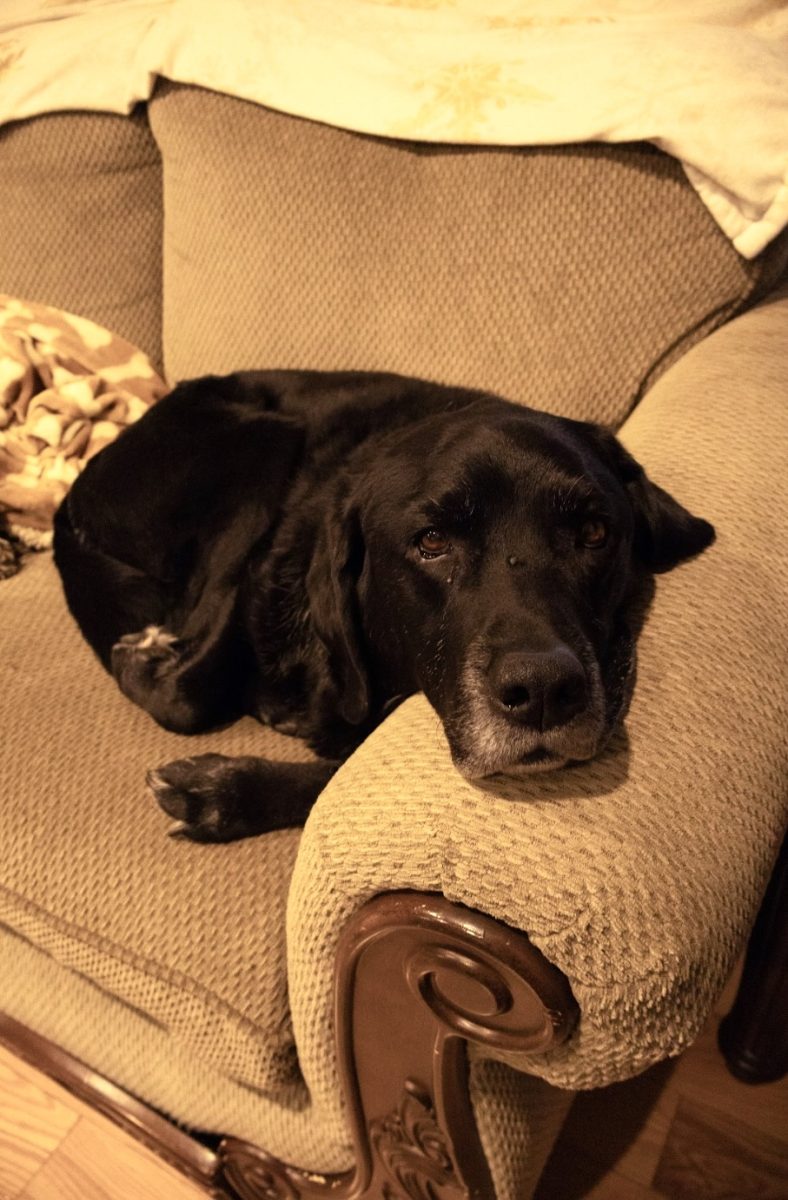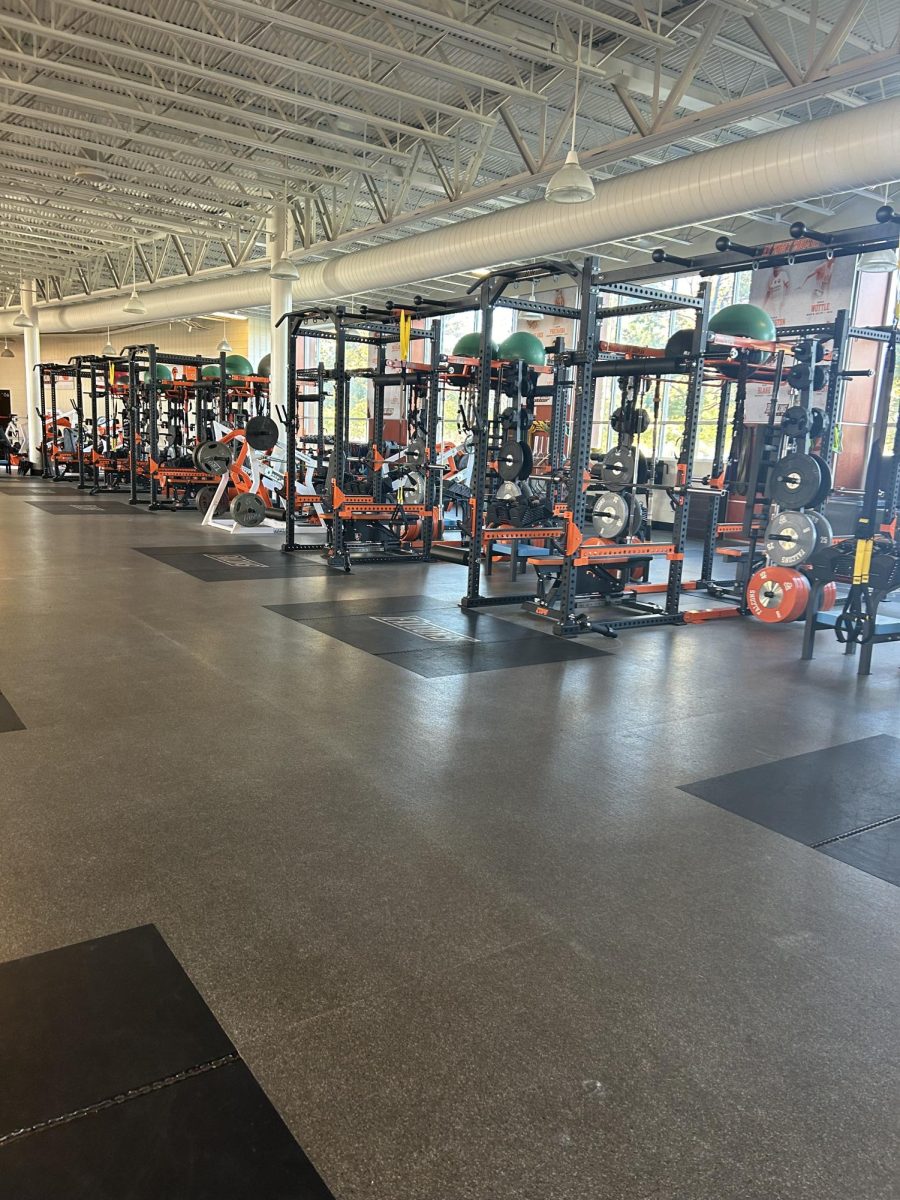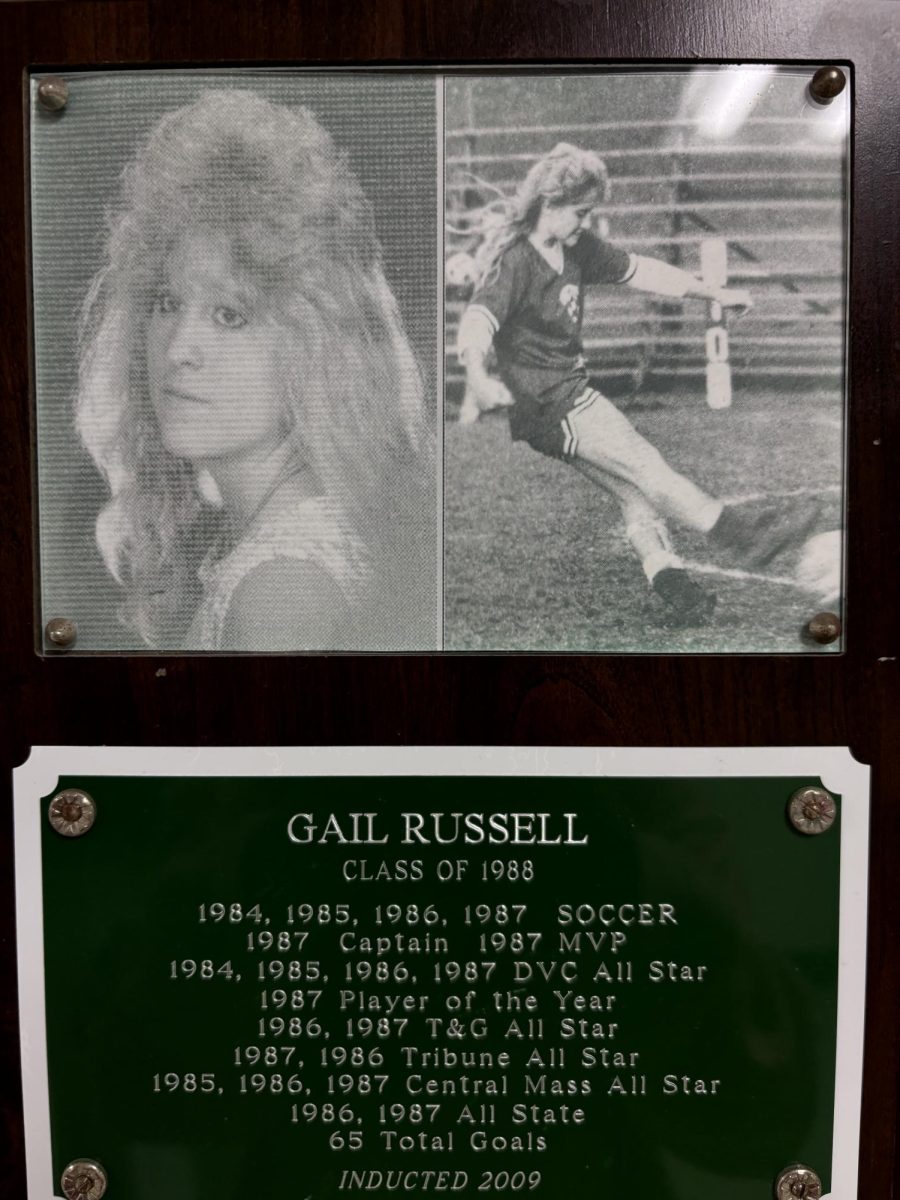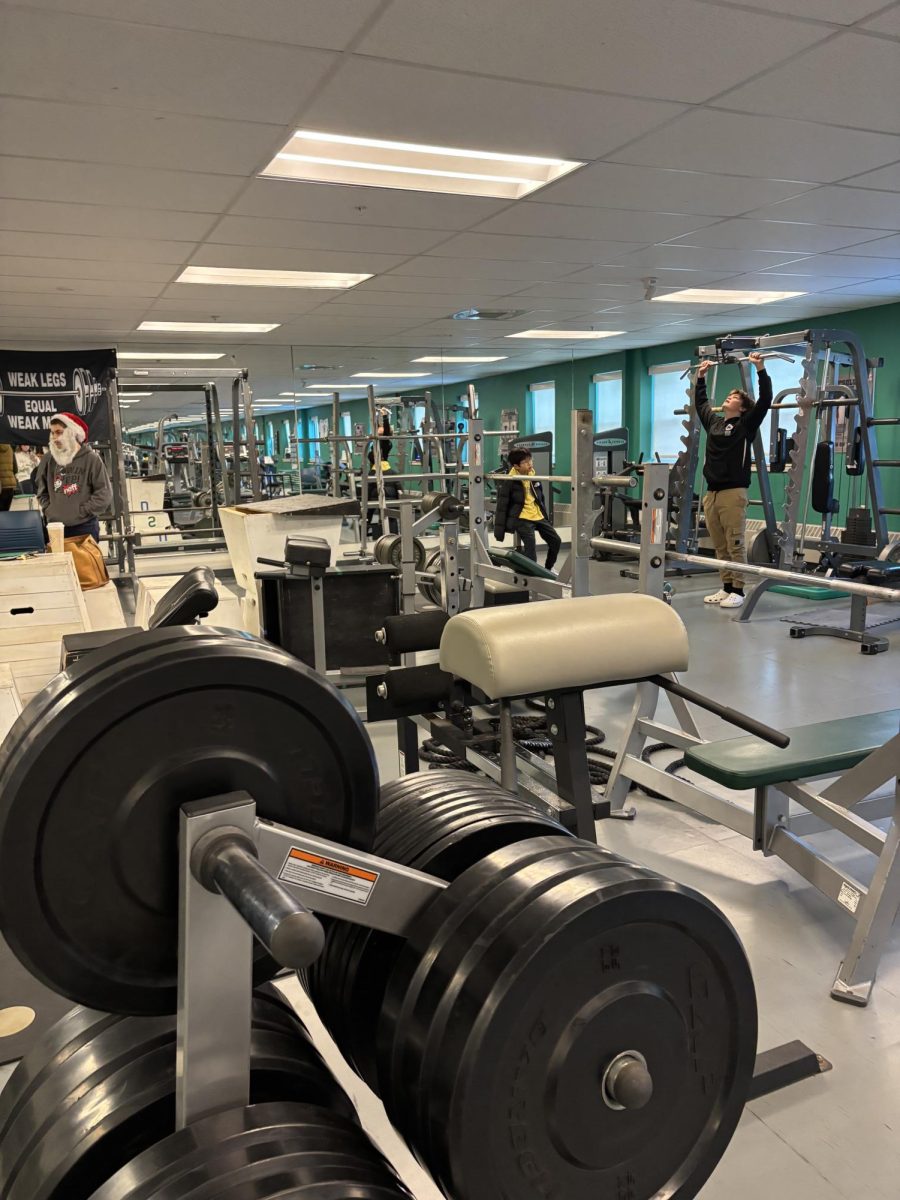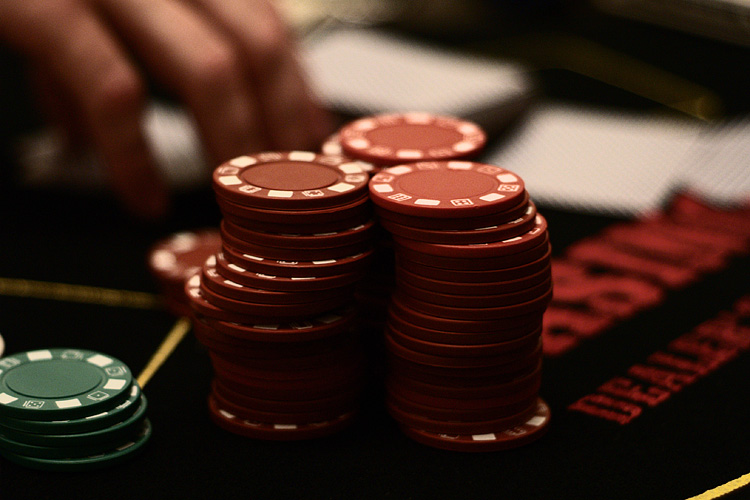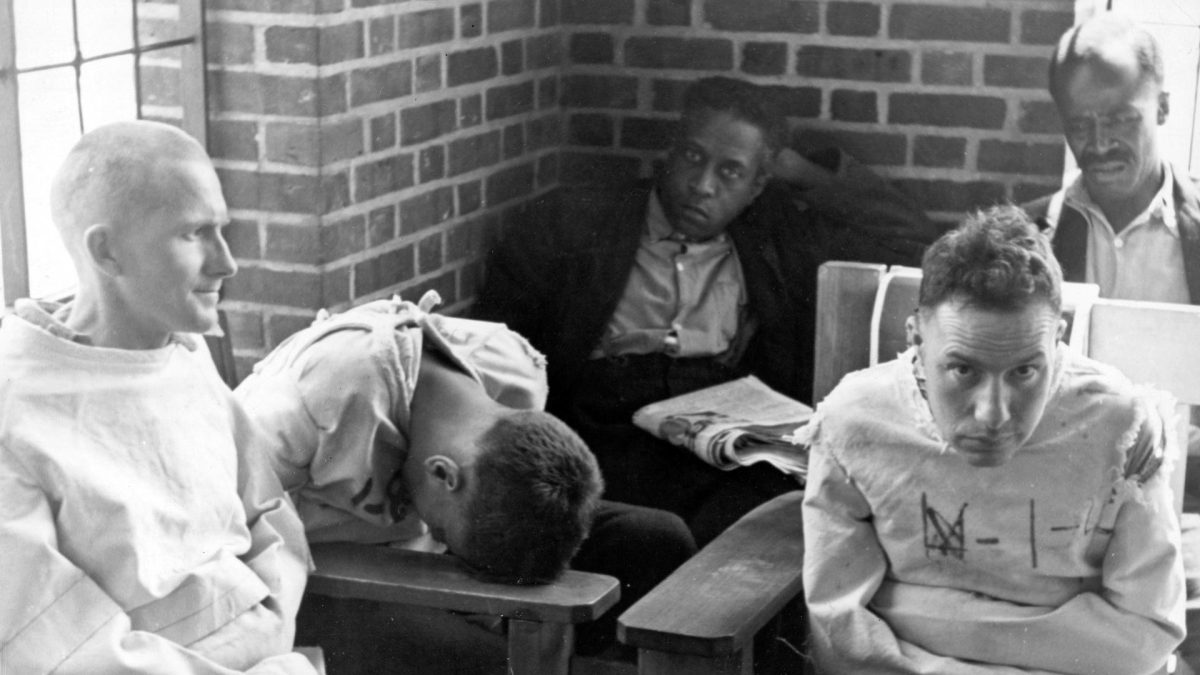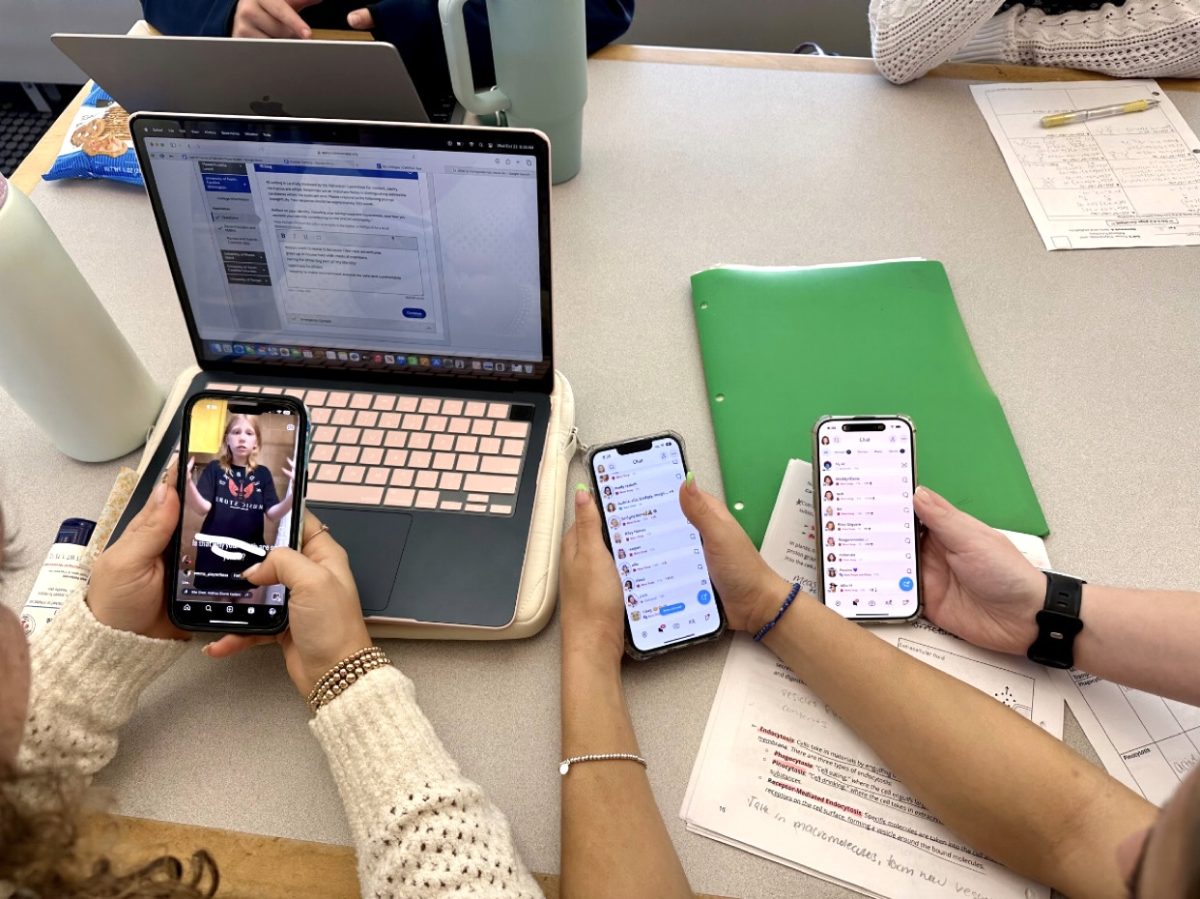Dear America: We Need to Stop Sensationalizing Tragedies
Think about the people behind the tragedies we see on the news.
May 16, 2022
Dear America,
We need to stop sensationalizing tragedies. And I am going to explain why.
Earth is fascinating when you put thought into it. A round sphere that helms billions of people from all walks of life. All of us live under the same roof yet we are divided. Whether it be political views or other personal beliefs, a problem we all seem to engage in is sensationalizing tragedies.
Tragedies are becoming a common occurrence. Whether it be natural disasters, mass shootings, or the pandemic that has swallowed us whole for the last two years, very rarely can there be a time of peace. And as a way to deal with all of the struggles within our world, we feel a need to have our voice be the center of events that are out of our control.
We are a divided nation. We love to spin events that are out of our control in whatever way, place blame upon those we presume are guilty and think we are above others despite our own struggles we deal with. The thing about tragedies is that they are there for all of us to see. And in today’s social climate, we are all expected to have a take or statement for others to hear. If you have any type of social media, there is this pressure put upon you to speak about hot button issues, even if you don’t have anything that is going to help or change the conversation.
The 24-hour news cycle is a large proponent of the sensationalization of tragedies in modern times. When thinking of a way to describe the issue with the cycle, Jon Stewart said it best in his 2011 interview with Chris Wallace. He states how the 24-hour news cycle is built for events like 9/11 and events of that nature. A historic and tragic event in American history. But an event like 9/11 doesn’t happen once a month. So a way that fills the cycle is to cover smaller stories like they are an event like 9/11. Stories that, most likely, don’t need non-stop coverage. And with that constant coverage can result in dangerous false narratives and misinformation if we don’t give tragedies time to sit before we evaluate.
Living in the social media age, we tend to take on tragedies like they are a new fashion trend. Writing that sentence was gross, but it is true. How it goes is a tragedy occurs, we post our thoughts or repost other’s thoughts on our Twitter or Instagram for a week or two, and then we move on. We get all fired up and we then lose it for another tragedy. While I don’t think most people do this maliciously or with bad intentions, it is just something that I have observed.
Behind all tragedies are people. Innocent people have gone through horrific events that they most likely never wanted to be a part of. And if I were a victim of a traumatizing event, the last thing I would want is mass speculation or a barrage of questions about something tragic I had just gone through. So if I had a message I want to send out to people reading this article, it would be to give the victims of these events time to grieve before you put your voice out there.
